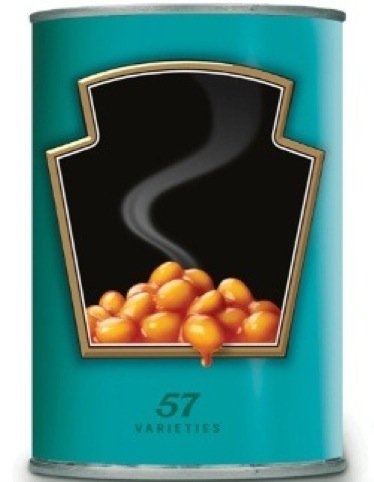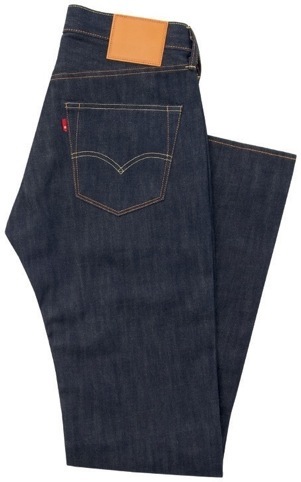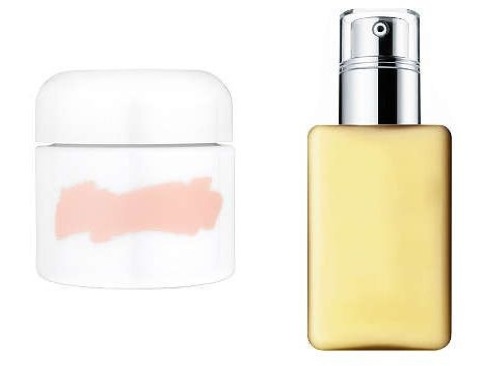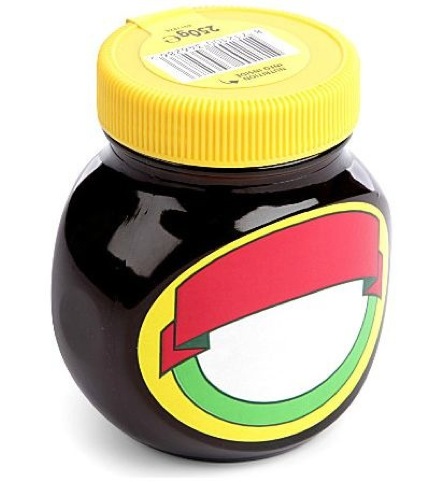Quiet brands to shout about at Selfridges
Famous brands, stripped to varying degrees of their logos and labels, are being showcased by Selfridges’ edgy concept store, the Quiet Shop, for the next month.
As part of the retailer’s wider No Noise initiative, iconic products Marmite, Heinz Tomato Ketchup and Baked Beans sit alongside their cosmetic and fashion counterparts from Clinique, Armani, Levi’s and Lancôme. Logo-less, yet identifiable by a bright yellow lid, the tint of a finely cast glass bottle or the familiar curve of a pot, the products are being sold as limited editions next to some of this season’s minimalist fashion designs.
So what can brands learn from the experiment?

This foray into debranding seems to enhance the household-favourite FMCG brands. Heinz Tomato Ketchup has been stripped of print but wears its colours proudly on its trademark bottle while the steam on the un-named Baked Beans rises into the black space once occupied by type. Both sold out within six days of the Quiet Shop opening. A row of Marmite pots, betrayed by its yellow, red and green label and bright lid, brings instant recognition to lovers and loathers alike.
High-street fashion brand Levi’s have removed its word mark from its straight-leg 501s, showing just a bare leather label and red tag. They not only remain recognisable but even gain kudos because the red tag is so iconic. So linked is it to Levi’s that it features in a cryptic full-page press ad for Selfridges’ No Noise, which shows a small red rectangle alongside a larger yellow one (translating as Levi’s at Selfridges for those in the know).

Only the strongest brands can lose some of their visual branding but still keep their identity. That they are as unmistakable without their logos says something about the place they occupy in the consumer’s mind. That distinctiveness and enduring brand affection represents years of consistent positioning and investment in brand-building.
For its inclusion in the Quiet Shop, Beats by Dre has reduced its studio headphones to a naked white. The brand is key to their music-loving fans, although I heard one unspeakably cool, self-confessed Dre-fan explain to the sales assistant that she was finally buying the headphones because she liked them more without their ‘annoying’ red logo, proving brand equity can transcend the visual brand.

The de-branded cosmetics suffer the most, however. Clinique’s plain bottles of Dramatically Different lotion would only appeal to its loyal consumers. To the uninitiated, the bottle might look disappointingly like something you would buy in a local chemist. Lancôme’s brand advocates will clock the black curves of its Hypnôse mascara, but will others?
But it was luxury beauty brand Crème de la Mer which, bearing only its salmon-pink splodge, looked the most disappointing and overpriced at £190 for 60ml. Could it be that debranded cosmetics play dangerously on our suspicion that most contain the same ingredients within different packaging? Without the power of the brand name to convince us to buy, their perceived value and desirability is much reduced.

Selfridges has played a powerful card in the building of its own brand with this initiative. Only an uber-department store with a profile and presence like Selfridges could afford to play with the concept of brands on which its very business is built. It is willing to experiment with its own debranding too as purchases from the Quiet Shop are packaged in its bright yellow but logo-less bag. I thought it stood out within the context of the store and even perhaps on Oxford Street but I’m not sure it would be quite so eye-catching out of its central London context. Would it be just another yellow paper bag?
Having said that, I think the most important point of the Quiet Shop idea is that every brand, including Selfridges’ own, has been enhanced by its inclusion. By forcing bemused shoppers to consult the discreet explanatory labels in the Quiet Shop, the brands have proved themselves willing to experiment with their own image by entering into a dialogue with potential buyers, asking ‘Who am I?’ This playful, innovative approach vitally engages the customer, provokes thought and builds awareness.

Jens Lundgaard is founder and chief executive of Brandworkz.
-
Post a comment




